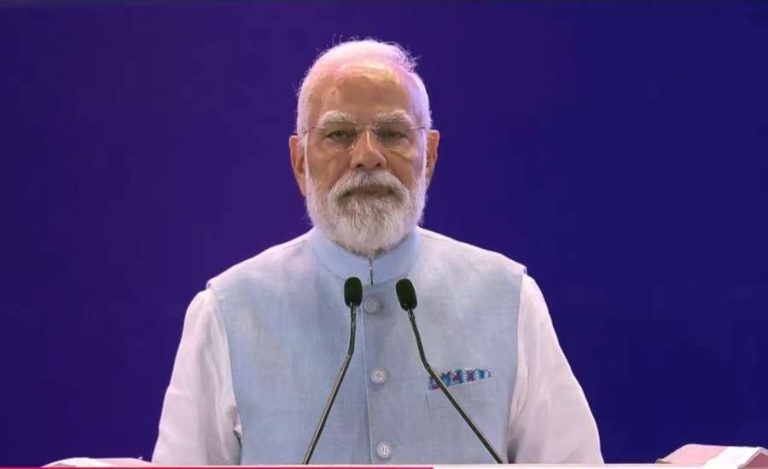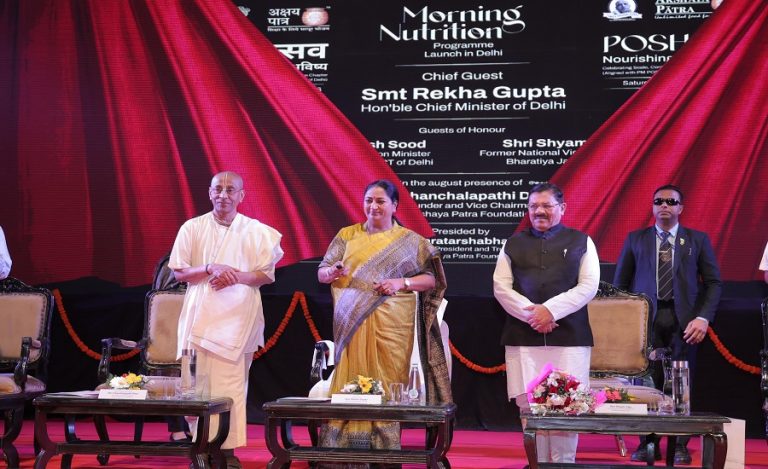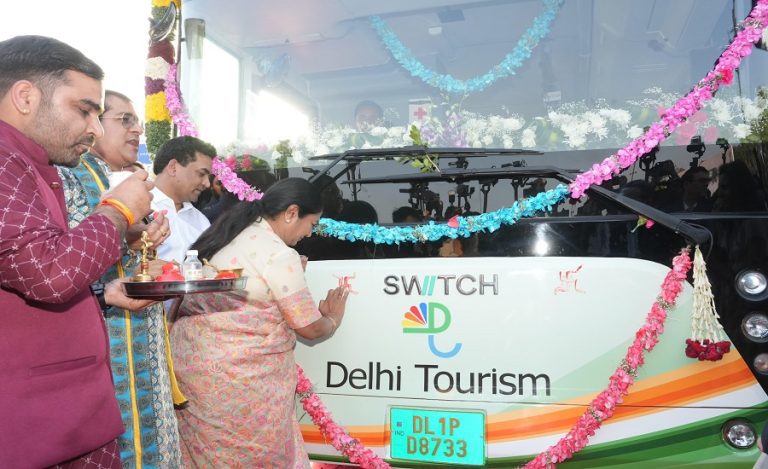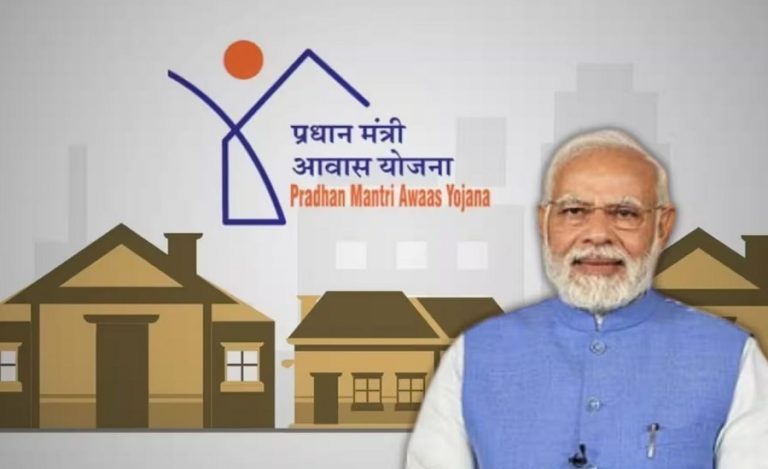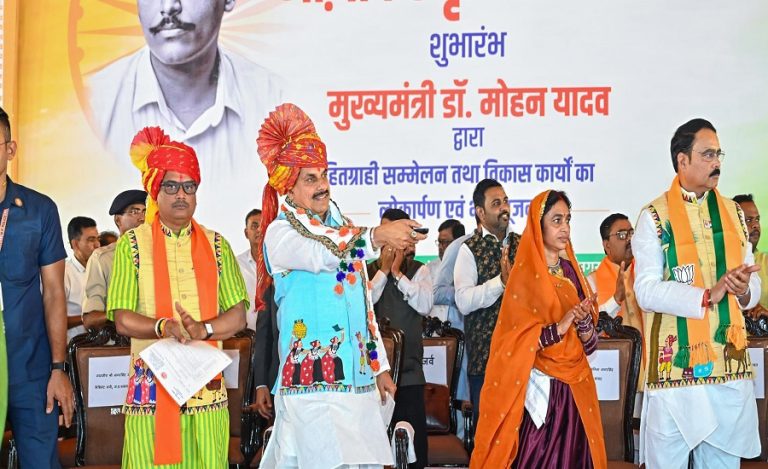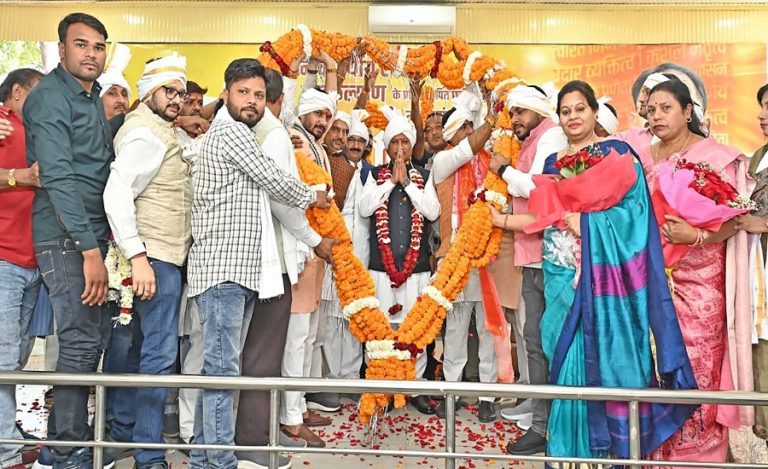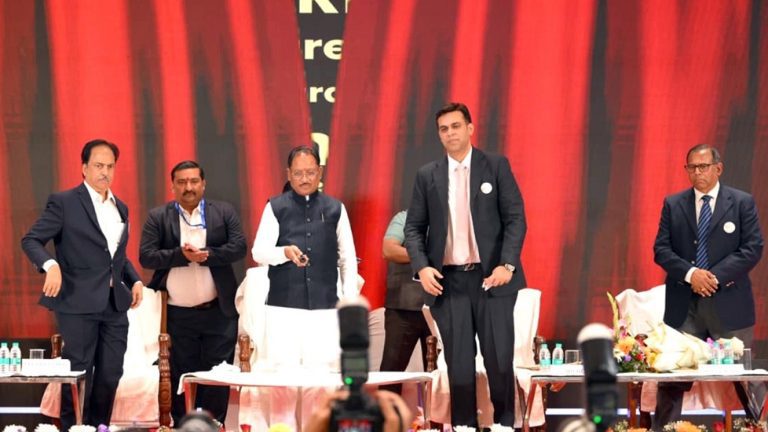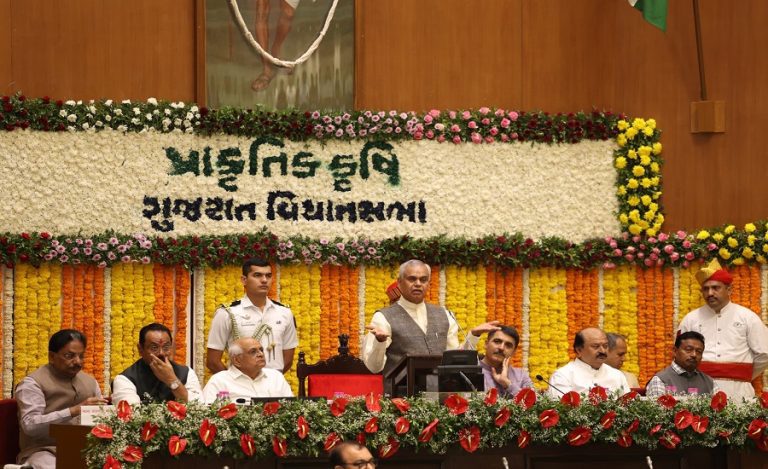New Delhi: India’s defence diplomacy is taking centre-stage as the country reaffirms ties with Southeast Asia. According to a recent official release by the Press Information Bureau (PIB), Raksha Mantri Rajnath Singh will attend the 12th ASEAN Defence Ministers’ Meeting‑Plus (ADMM‑Plus) in Kuala Lumpur, Malaysia on November 1 2025.
On October 31, the second edition of the informal ASEAN‑India Defence Ministers’ Informal Meeting (under Malaysia’s chairmanship) will bring together defence ministers of all ASEAN member states alongside India.
This meeting serves as a flagship platform where the 10 ASEAN member states and eight Dialogue Partners (India, US, China, Russia, Japan, South Korea, Australia & New Zealand) converge for defence and security cooperation.
India became a full dialogue partner of ASEAN in 1992, and the inaugural ADMM-Plus was convened in Hanoi, Vietnam in October 2010.
ADMM-Plus 2025: What’s on India’s Agenda
On November 1, Rajnath Singh will address the forum on the theme: “Reflection on 15 years of ADMM-Plus and Charting the Way Forward”.
Beyond the plenary, his schedule includes bilateral engagements with counterparts from participating ADMM-Plus nations and senior Malaysian leadership. These meetings are structured to deepen defence ties, strengthen the “Act East” policy thrust, and advance India-ASEAN security collaboration.
Under current arrangements:
India co-chairs the Experts Working Group on Counter Terrorism jointly with Malaysia for the 2024-2027 cycle.
The second edition of the ASEAN-India Maritime Exercise is already scheduled for 2026, underscoring India’s increasing maritime focus in the Indo-Pacific.
ADMM-Plus 2025: Why This Matters for India
In the evolving strategic environment of the Indo-Pacific, India’s engagement via ADMM-Plus and bilateral defence dialogues signals its intent to be a key security partner in Southeast Asia. The upcoming meet offers several dimensions of importance:
Multilateral Defence Outreach: By engaging with ASEAN +8 countries, India strengthens regional security architecture and underscores its commitment to collective stability.
Act East Policy Reinforcement: Defence cooperation with ASEAN bolsters India’s prominent “east-facing” strategic orientation—connecting with maritime routes, regional partners and shared security goals.
Counter-Terrorism & Security Cooperation: The co-chair role on counter-terrorism with Malaysia highlights India’s proactive stance on non-traditional security threats and shared regional concerns.
Maritime and Indo-Pacific Posture: With the next ASEAN-India maritime exercise slated for 2026, this meeting helps lay strategic groundwork for maritime collaboration and interoperability.
What to Watch with ADMM-Plus 2025
Keynote & Messages: The content of India’s address will shed light on its defence partnership priorities and regional strategy ahead of the next phase of ADMM-Plus cooperation.
Bilateral Outcomes: Engagements with Malaysia and other partner nations may yield MoUs, joint-exercise announcements or sectoral defence cooperation initiatives.
India-ASEAN Exercise Roadmap: With the 2026 maritime exercise already in view, this forum could firm up planning, timelines or domain outlines.
Counter-Terrorism & Non-Traditional Security: The co-chair role with Malaysia offers an institutional vector through which India may press forward collaborative frameworks tackling emerging threats.
Maritime & Indo-Pacific Linkages: India’s role and messaging in the maritime domain will reveal its positioning strategy in a region increasingly shaped by maritime logistics and Indo-Pacific dynamics.


